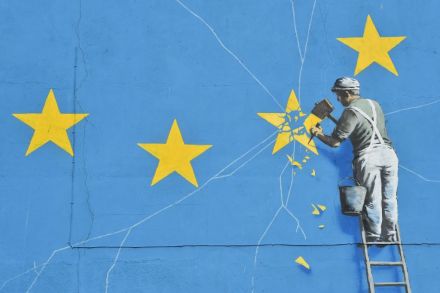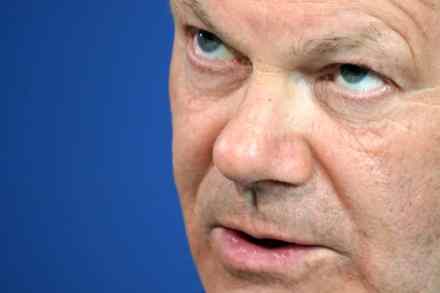The Swiss-style Brexit delusion
Rotation is the clearest sign of intellectual muddle. When Britain left the EU, some leave supporters thought they could negotiate a bespoke agreement that would give them all the benefits of membership but none of the obligations. Then it was the Swiss model. Remember Chequers? It was the beginning of the end of Theresa May.




















